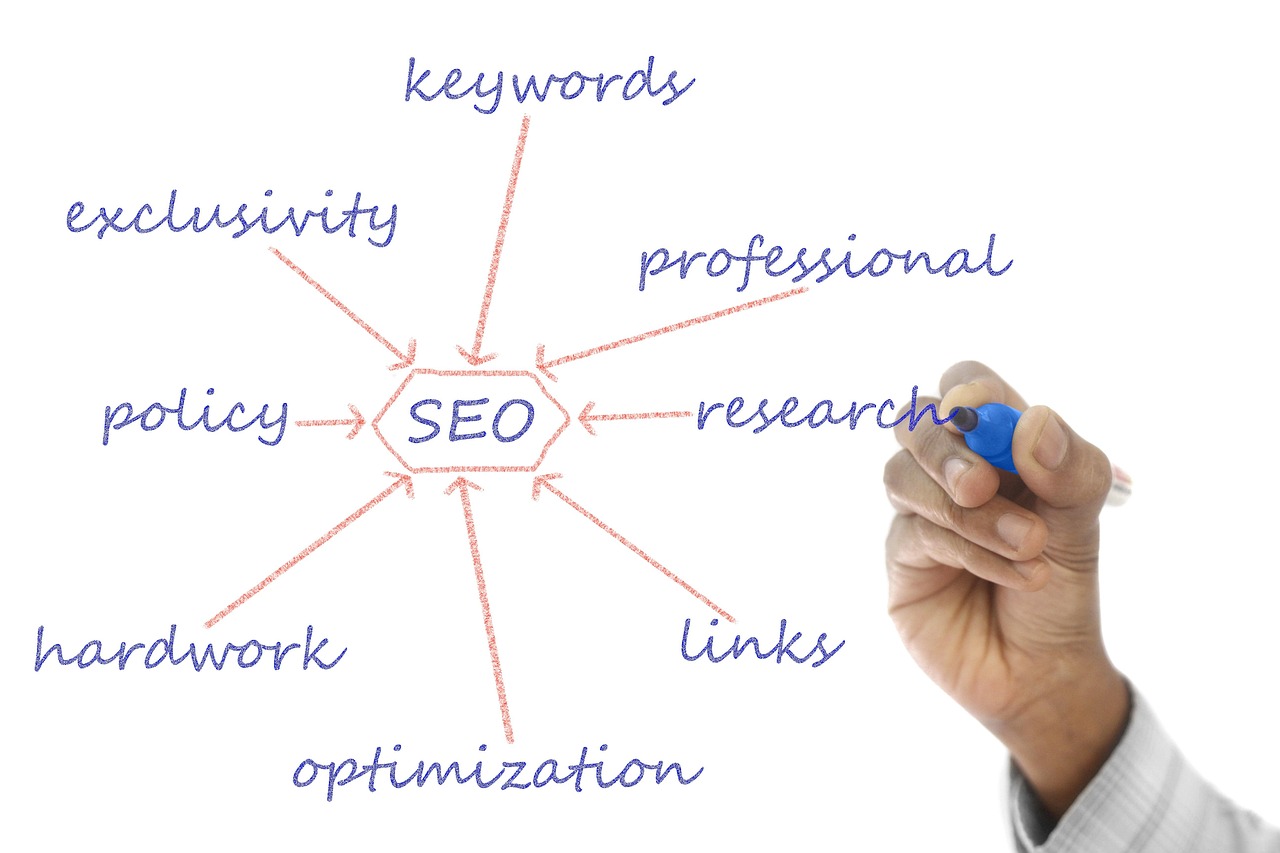Google Antitrust Ruling: Impact on Shopify E – commerce

Google antitrust ruling digital landscape
The digital landscape is in a constant state of flux, driven by both regulatory decisions and technological advancements. Two recent developments—Google’s antitrust ruling and the emergence of Generative Engine Optimization (GEO)—are reshaping how we think about search and optimization, especially regarding Google antitrust ruling, particularly in search engine optimization.
Understanding these changes is crucial for anyone invested in the digital ecosystem.
Google antitrust competition ruling
A landmark decision from U. S.
District Judge Amit Mehta has sent ripples through the tech industry by addressing Google’s long-standing dominance in the search market. The ruling prohibits Google from entering into exclusive search deals, a move that significantly impacts its business model. According to the ruling, Google must now share certain search data with competitors, although it won’t have to part with its Chrome browser or Android operating system, especially regarding Google antitrust ruling in the context of Generative Engine Optimization in the context of search engine optimization.
These concessions mark a pivotal shift, aimed at fostering competition and curbing Google’s monopoly in search (U. S.
vs. Google memorandum opinion, 2025). For years, Google has maintained its dominance through exclusive deals, such as paying Apple a staggering $20 billion annually to remain the default search engine on its devices in the context of Google antitrust ruling, particularly in Generative Engine Optimization, including search engine optimization applications.
This strategy solidified Google’s position but stifled competition. The recent ruling disrupts this model, requiring Google to promote transparency in its ad auctions and share user-interaction data with qualified competitors.
These measures are intended to level the playing field and provide opportunities for alternative search engines to flourish.

Generative Engine Optimization AI
While regulatory actions seek to balance the competitive landscape, technological innovations are simultaneously redefining it. Enter Generative Engine Optimization (GEO), a term introduced in December 2023 that is quickly gaining traction among marketers and researchers.
GEO represents an evolution in the way search engines interact with content, driven by advancements in AI and machine learning. Unlike traditional SEO, which focuses on optimizing content based on existing search algorithms, GEO emphasizes the creation of content that can be dynamically generated and tailored to users’ needs, especially regarding Google antitrust ruling, especially regarding Generative Engine Optimization, especially regarding search engine optimization. The adoption of GEO is not without its skeptics.
Critics argue that GEO is merely a rebranding of existing SEO practices. However, the distinction lies in its focus on AI-driven search, which requires a different approach to content creation and optimization in the context of Google antitrust ruling, including search engine optimization applications.
As search engines become more sophisticated, the ability to generate and serve personalized content becomes a competitive advantage. GEO is not just a buzzword; it is a reflection of the changing nature of search and the strategies needed to succeed in this new environment.

GEO language optimization trends
The introduction of GEO highlights a broader trend in technology: the evolution of language. Just as terms like “cloud” and “cookies” have been redefined within the tech industry, GEO represents a shift in how we discuss optimization.
The initialism may seem awkward to some, but it serves as a convenient shorthand for a complex concept, including Google antitrust ruling applications, particularly in Generative Engine Optimization. Similarly, the name “Search Engine Optimization” (SEO) itself is a misnomer; we are optimizing content for search engines, not the engines themselves. Critics who resist the adoption of GEO due to linguistic concerns overlook the dynamic nature of language in the tech world.
As with any new term, adoption will depend on its utility and the value it brings to the industry. If GEO proves beneficial, it will become a staple in the vocabulary of digital marketers and technologists alike.
Google antitrust search opportunities
The developments in the search landscape present both challenges and opportunities. For businesses relying on digital marketing, the antitrust ruling against Google may create new avenues for reaching consumers through alternative search engines.
Meanwhile, the rise of GEO offers a chance to refine content strategies and leverage AI-driven tools to enhance user engagement. As these changes unfold, staying informed and adaptable is key, including Google antitrust ruling applications in the context of Generative Engine Optimization, especially regarding search engine optimization. The digital ecosystem is complex and continually evolving, influenced by both regulatory frameworks and technological advancements.
Those who embrace these changes and integrate them into their strategies will be best positioned to thrive in this new era of search. The only certainty is that the landscape will continue to evolve, and those who are proactive in understanding and adapting to these shifts will lead the way, including Google antitrust ruling applications, especially regarding Generative Engine Optimization, especially regarding search engine optimization.
Whether it’s navigating the implications of Google’s antitrust ruling or exploring the potential of GEO, the future of search is both challenging and ripe with opportunity.
